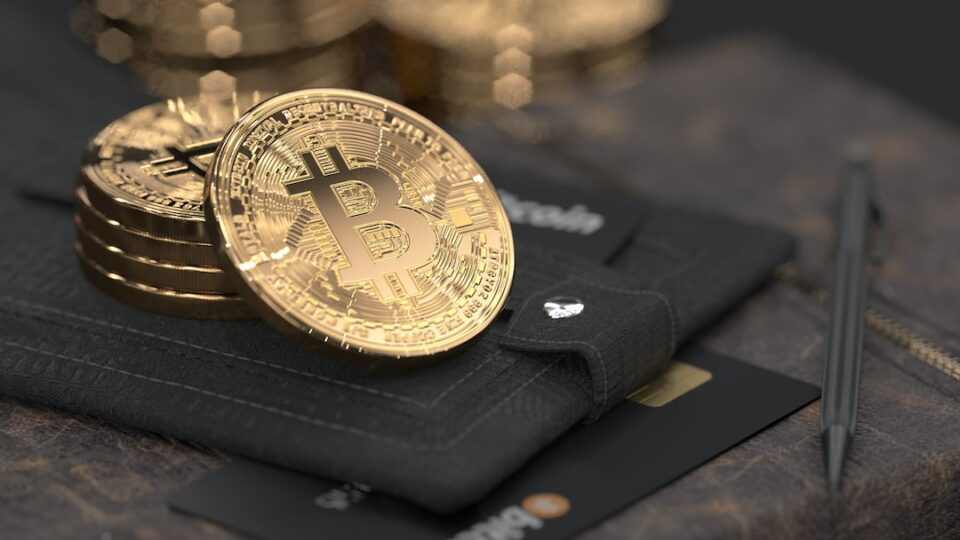How to Pay Off Debt Faster and Become Financially Free
Debt can often feel like a heavy burden, restricting us from experiencing true financial freedom. However, with some careful planning and dedication, it is possible to pay off debt faster and ultimately become financially free. In this blog post, we will explore essential strategies that can help you on your journey towards debt-free living.
1. Create a Detailed Budget: The first step towards paying off debt faster is to establish a detailed budget. Take the time to track your income and expenses, categorizing each expenditure. This will help you identify areas where you can cut back and allocate more funds towards debt repayment.
2. Prioritize Debt Repayment: Once you have a clear understanding of your financial situation, prioritize your debt repayment. Start by paying off high-interest debts such as credit cards or personal loans that incur hefty interest charges. By focusing on these debts first, you can reduce the overall interest you’ll pay over time, thus accelerating your debt repayment process.
3. Consider Debt Consolidation: If you have multiple debts with high-interest rates, consider consolidating them into a single loan with a lower interest rate. Debt consolidation can simplify your repayment process and potentially lower your monthly payments, making it easier to stay on track towards becoming debt-free.
4. Increase Income: In addition to managing expenses, increasing your income can significantly expedite your debt repayment journey. Look for ways to earn extra money, such as taking on a part-time job, freelancing, or turning a hobby into a profitable venture. The additional income can be directly allocated towards debt repayment, helping you pay off your obligations faster.
5. Cut Back on Expenses: To pay off your debt faster, it is crucial to evaluate your expenses and find areas where you can cut back. Look for non-essential expenditures that can be reduced or eliminated. This could mean eating out less frequently, canceling unnecessary subscriptions, or finding more affordable alternatives for certain products or services. Small sacrifices now can make a big difference in the long run.
6. Utilize the Debt Snowball Method: The debt snowball method focuses on paying off the smallest debts first while making minimum payments on larger debts. By tackling your smallest debts initially, you gain a sense of accomplishment, building momentum to pay off the larger ones. As each debt is paid off, the money previously allocated for that debt can be redirected towards the next one, creating a snowball effect and accelerating your debt repayment timeline.
7. Negotiate Lower Interest Rates: Contact your creditors and negotiate lower interest rates. If you have a good payment history and have been with the same creditor for some time, they may be willing to lower your interest rate. A lower interest rate means a larger portion of your payments will go towards reducing the principal amount of your debt, rather than interest charges.
8. Seek Professional Assistance: If your debts feel overwhelming, seek professional assistance from credit counseling services or financial advisors. These experts can help you develop a personalized debt repayment plan that suits your financial situation and support you in achieving your goals.
9. Stay Motivated: Paying off debt can be a long and challenging process. Stay motivated by celebrating each milestone and tracking your progress. Set specific goals and reward yourself when you reach them. Surround yourself with a support system of friends and family who understand your financial goals and encourage your pursuit towards becoming debt-free.
10. Avoid Accumulating New Debt: Lastly, it is crucial to avoid accumulating new debt while paying off existing ones. Make a commitment to living within your means and only using credit responsibly. By breaking the cycle of debt, you can ensure long-term financial freedom.
In conclusion, paying off debt faster and achieving financial freedom requires discipline, perseverance, and careful planning. By following these strategies such as creating a budget, prioritizing debt repayment, increasing income, and reducing expenses, you can take control of your finances and pave the way towards a debt-free future. Remember, the journey may not always be easy, but the rewards of financial freedom are worth the effort.

